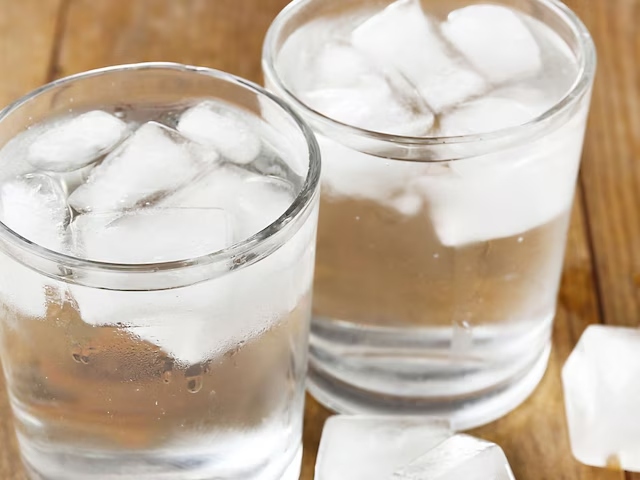People start eating cold foods and beverages as soon as summer arrives. To get relief from the scorching heat, they frequently start drinking cold water from the refrigerator. Cold water can be extremely harmful to one’s health. Many people have the habit of storing water bottles in their refrigerators during the summer. According to experts, drinking chilly water is bad for our health, particularly as the seasons change from winter to summer. Today, let’s take a look at the harmful effects of drinking cold water in the summer months.
1. Reports state that drinking too much cold water might cause a significant shock to the body. In particular, the digestive tract may be impacted by excessive drinking of cold water. Stomach ache may also result from this. Some individuals may have a temporary issue with the blood vessels in their throats, which can irritate and hurt.
2. Drinking cold water can cool down many nerves of the spinal cord, which affects the brain. This may trigger headaches. This problem can be seen more in those who have migraines, and in people who are sensitive to colds, the problem can become more intense.
3. If you drink cold water every day in the summer, you could get inflammation and discomfort in your throat. After eating, if you drink cold water with ice cubes, it may cause mucus buildup in your throat. Thus, mucus can make an already bad condition worse for people who have a cold, the flu, or allergies.
4. Excessive consumption of cold water can also cause a decline in heart rate. This effect is attributed to the activation of the tenth corneal nerve. It is an important component of the body’s autonomic nervous system responsible for regulating heart rate.
5. Teeth sensitivity may increase when cold water is consumed more often. Water consumption and chewing may become difficult as a result. Overindulgence in cold meals can erode your teeth’s enamel, making them more sensitive.


